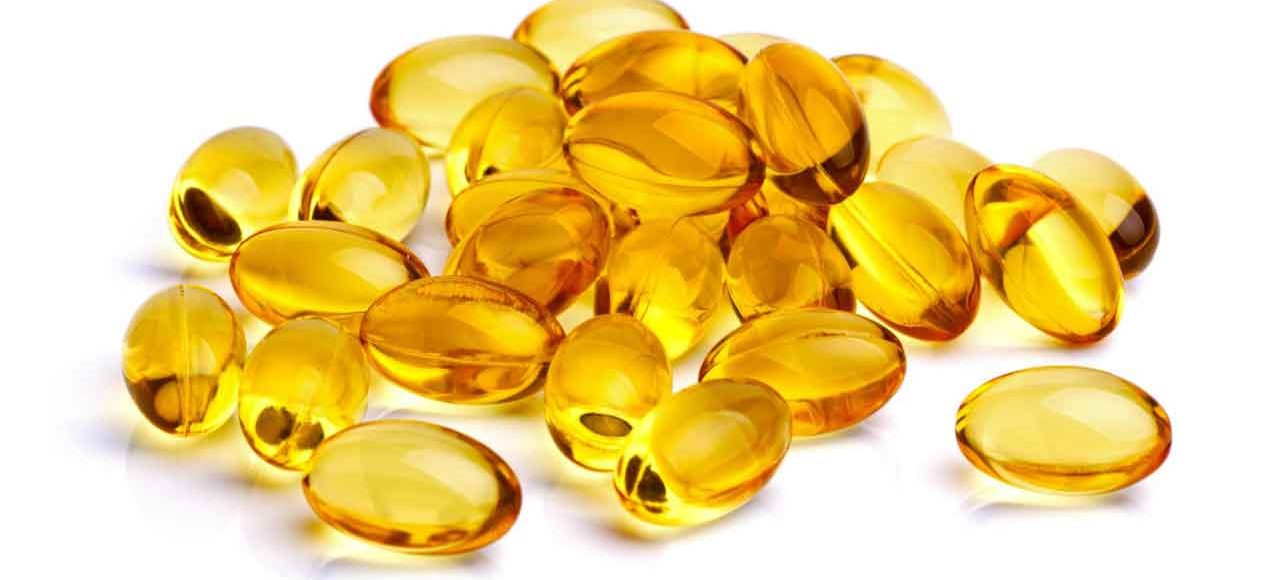Supplements and Heart Disease

Although they’re often recommended for heart health, fish oil and antioxidant supplements do not provide the same benefits for your heart as a healthy diet.
Can supplements actually prevent heart disease?
Over 50 percent of adults in the United States take supplements regularly, many of them without the approval or direction of a doctor, in the hope of improving their health. But supplements that claim to prevent heart disease may not provide the benefits you expect.
YOU MIGHT ALSO LIKE: Who Is at Risk for Heart Disease?
Fish oil supplements and heart disease
Fish oil supplements are often recommended for heart health due to the presence of omega-3 fatty acids. These polyunsaturated fats are found in many fish, and research has shown that diets high in omega-3s from fish and plant sources can lower your risk of heart disease and reduce your blood triglyceride levels.
Taking supplements, however, does not seem to have the same effect on your risk of heart disease as eating fish. According to a report published in the journal Circulation, fish oil pills were only beneficial for adults with existing heart problems.
If you have already been diagnosed with heart failure or have experienced a heart attack, adding an extra 1,000 mg of omega-3 fatty acid from a prescription fish oil supplement (not over-the-counter) could reduce your chance of dying from heart disease by up to 10 percent.
But for adults with no history of heart disease or heart failure, fish oil does not seem to provide any extra benefit. Instead, concentrate on adding fatty fish to your diet if you want to improve your heart health.
Other supplements and heart disease
Other supplements that are often recommended for heart health include antioxidants and vitamin D.
Vitamin D, which helps your body absorb calcium, is produced when your skin is exposed to sunlight, as well as being found in some foods. Research has found that vitamin D deficiency has been linked to an increased likelihood of cardiovascular disease, and many doctors will recommend that patients take vitamin D for bone health. However, no studies have yet shown that vitamin D supplements decrease your risk of heart disease.
The vitamins and other nutrients found in fruits and vegetables, including antioxidants, are essential to heart health. As a result, manufacturers of antioxidant supplements like vitamins C and E often claim their products decrease your risk of heart disease.
However, clinical trials have not shown that taking vitamin C supplements will protect you from heart disease. And while vitamin E has been shown to improve heart health when consumed as part of a diet rich in fruits and vegetables, research indicates that taking it as a supplement might actually increase your risk of heart failure.
Calcium, vitamin K, and heart health
Many adults take calcium supplements to improve their bone density and decrease their chance of developing osteoporosis or fractures. However, research has shown that, unlike calcium from food sources, calcium supplements are linked to coronary artery calcification and an increased risk of heart disease.
Vitamin K may reverse that risk, according to some studies, lowering the likelihood of vascular damage and preserving heart health. If you take calcium supplements for bone health, ask your doctor whether vitamin K supplements could lower your risk of developing heart disease.
Dangers of taking supplements
Supplements can sometimes prove dangerous to your health, even if you are taking vitamins or nutrients that are otherwise beneficial. That’s because vitamins and supplements are not regulated by the Food and Drug Administration. Many contain unknown compounds and additives while others, according to a Consumer Reports statement, may even contain traces of prescription drugs.
Even if the supplements you take are safe, it is still possible to experience adverse effects from overdosing on certain vitamins and minerals. Too much vitamin E can inhibit blood clotting, especially if you already take blood thinners, while an overdose of vitamin D may cause nausea, constipation, headaches, and vomiting.
In general, the American Heart Association (AHA) recommends focusing on food rich in vitamins, minerals, healthy fats, and other nutrients that will protect your heart, rather than depending on supplements to decrease your risk of heart disease. The AHA notes that “they’re supplements, not replacements,” and that there is no substitute for a healthy diet.
If you are considering taking supplements, talk with your doctor first about the risks and benefits. Most of the time, getting your nutrients from dietary sources is the safer and healthier choice.
YOU MIGHT ALSO LIKE: Can Depression Be a Sign of Heart Disease?
Updated:
March 03, 2020
Reviewed By:
Janet O’Dell, RN